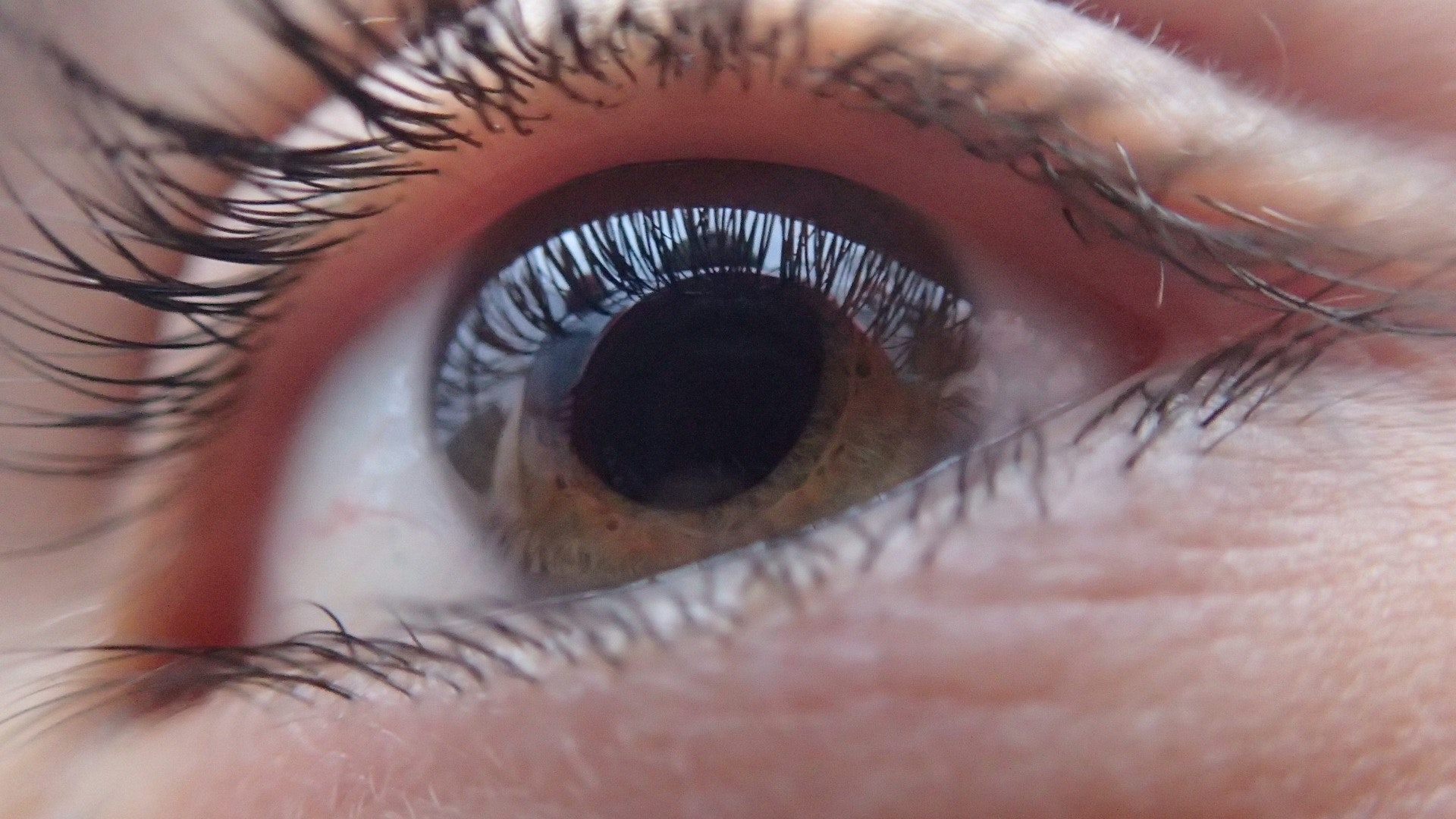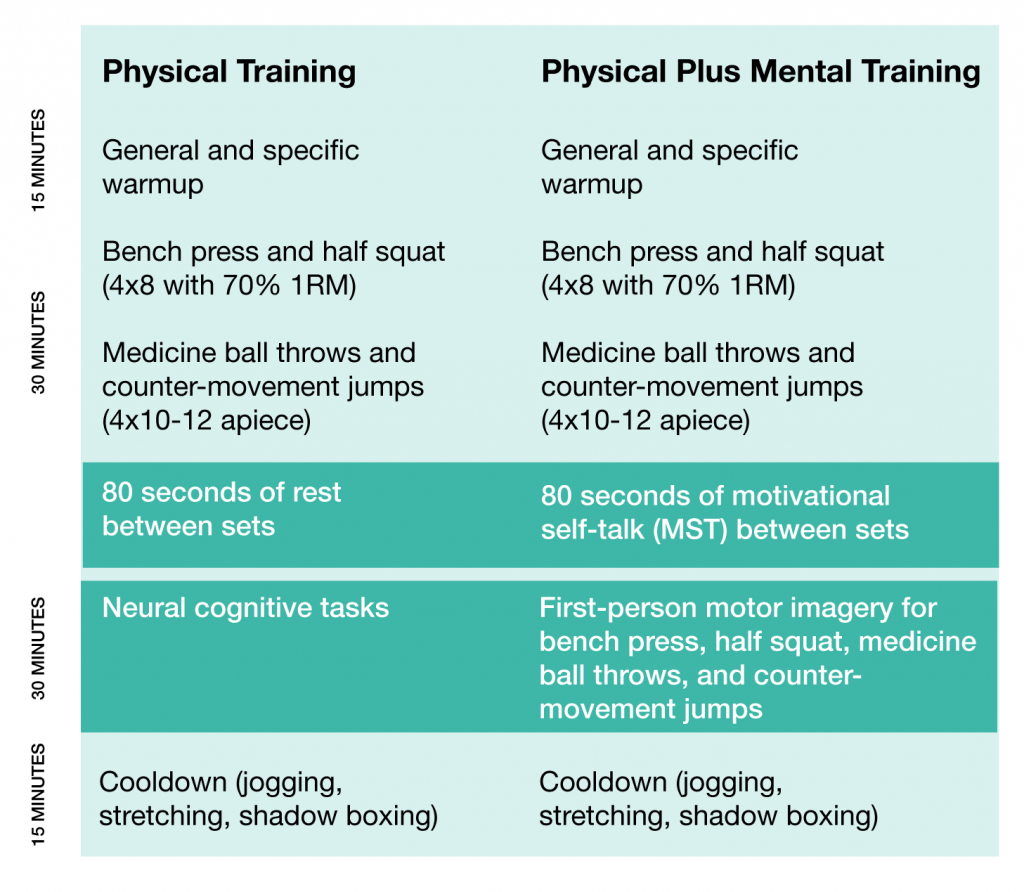No products in the cart. Go to menu

Research Review Shorts: Mental Training Shows Positive Effects on Strength
Most people focus on physical training alone, but mental training is a powerful and overlooked tool than can make a noticeable difference in your physical performance.
Overview
The authors of this study had three hypotheses:
1) Physical training plus mental training would lead to larger strength gains than physical training alone.
2) Physical training plus mental training would lead to larger increases in testosterone and a larger increase in testosterone:cortisol ratio than physical training alone.
3) Physical training plus mental training would lead to larger decreases in cortisol, heart rate, and blood pressure than physical training alone.
The subjects were 53 male elite (n=9) or sub-elite kickboxers (n=44), meaning they competed in at least four national or international competitions per year.
The participants were split into three groups:
- One group (n=20) performed only physical training (PT).
- One group (n=18) performed physical training plus mental training (PT-MT).
- One group (n=15) served as a control group, doing no physical or mental training.
The PT-MT group performed motivational self-talk between sets and performed mental imagery training at the end of each workout.
The motivational self-talk was self-selected, in accordance with self-determination theory. The athletes were told to identify negative self-talk before, during, or after training, write down the negative statement, and to restate that negative statement as a positive or motivating statement. For example, if an athlete caught himself thinking “I’m not sure I can lift this much weight,” they’d instead be instructed to repeat something like, “I could lift more weight” between sets. The athletes were asked to change their motivational statements each time a new piece of negative self-talk arose.
Mental imagery consisted of internal kinesthetic imagery. This means that the participants were instructed to imagine themselves performing each exercise, looking out through their own eyes (i.e. a first-person view, instead of imagining watching themselves performing the exercise), and maximally exerting themselves through the exercise.

Findings
- While both groups got stronger in the bench press and half squat, the group doing additional mental training experienced larger strength increases.
- The group doing additional mental training also showed markers of decreased stress, including an elevation in testosterone:cortisol ratio and larger decreases in resting heart rate and blood pressure than the group not performing mental training.
Key Takeaways
Adding mental training to your current program will likely boost your strength gains and may even decrease markers of physiological stress. Positive self-talk and first person kinesthetic mental imagery absolutely don’t replace slinging around heavy iron, obviously, but they can help you get larger gains from your training program.
References